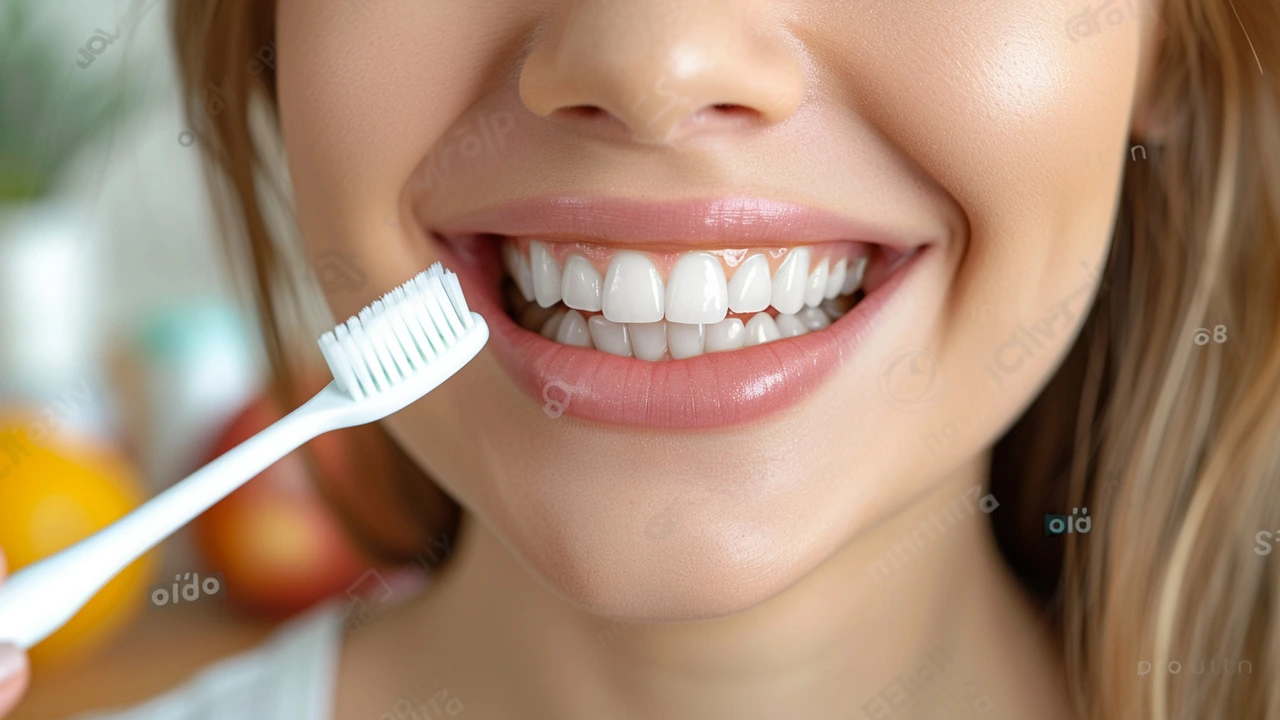
Understanding the Problem: Missing Teeth
Oh, the plight of missing teeth! It can stand as a misfit in an otherwise perfect smile, and god forbid, if it's a front tooth that you've lost, not only does it look odd, but it can make biting into an apple or corn on the cob a task harder than solving a complex puzzle. Let me tell you, dear readers, no one knows the woes of missing teeth better than yours truly. Yep, you heard it right. A few years ago, I had my first-hand encounter with this predicament. But fear not, for I've been on a journey back to a full set of pearly whites and I'm here now to guide you through this process.
Don't Ignore the Gap: Consequences of Missing Teeth
I remember telling my better half, Amelia, that I could live with a missing tooth. "It's just one tooth, Amelia! It's not like I'm toothless!" I boasted, utterly oblivious to the cascading effects of losing a tooth. As it turns out, a missing tooth is not just a cosmetic issue. It can lead to shifts in your other teeth, affect your bite, lead to gum disease, and even result in bone loss! It sounds too dramatic, isn't it? But that is the truth! Missing teeth can upset the balance inside your mouth, and if you're someone like me who loves their steak and corn on the cob, a missing molar can literally and figuratively take the joy out of chewing.
The Dental Fairy to the Rescue: Treatment Options for Missing Teeth
Don't despair yet—losing a tooth or two (or even a few) is not the end of the world. Thanks to modern dentistry, we have several treatment options that cater to different needs, preferences and budgets. There's the option of dental bridges, partial dentures, full dentures and dental implants. When I was a child, I remember my elderly neighbour with false teeth that he used to take out and soak overnight. It was a sight that amused me as a child, but also led me to believe that replacements for missing teeth were inconvenient and odd. Fast forward to my adulthood, and I realized there were far better options than the ones my neighbour had.
Diving Deeper: Dental Implants
Folks, let me tell you, if you're looking for a near-perfect solution for missing teeth, dental implants are the way to go. The best thing about dental implants is that they mimic natural teeth—both cosmetically and functionally. They're the champs of long-term solutions for replacing missing teeth. Yes, the process takes time (a few months, in fact), and it involves dental surgery. When I first heard 'surgery', I was pretty apprehensive, I won't deny. But let me assure you, it's not as terrifying as the sound of it. Most importantly, the outcome is most likely to last you a lifetime with proper care, making it a worthwhile investment.
How to Care for Your New Teeth
This is where the fun part comes in! Taking care of your replacement teeth. Now, depending on the solution you choose—dentures, bridges or implants—there will be specific dentistry instructions on how to take care of them. But here's a universal tip, the golden rule if you will—never skimp on oral hygiene! A good and thorough routine of brushing and flossing is the best way to ensure the longevity of your replaced teeth. Trust me, dear readers, it's not as tedious as it sounds. And your beautiful, complete smile will be worth all the effort! So there we have it, the journey from the terrors of tooth loss to the joys of restored teeth. We don't have to be afraid of our corn-on-the-cobs anymore!
Write a comment
More Articles

10 benefits of fixed braces you should know about
As a guy who's been through the journey of orthodontic treatment, I can vouch for the many benefits of fixed braces. In fact, I've rounded up 10 reasons why you should consider it. From improving oral health to boosting self-confidence with a perfect smile, fixed braces work wonders. Stick around to discover not only how braces straighten your teeth but also improve jaw alignment and biting function. Trust me, the outcome is worth every bit of the effort!

How long does a tooth take to come in?
Hi all! Today, I'm going to talk about something really fascinating - the time it takes for a tooth to come in. More specifically, we'll be looking at the timeline of tooth emergence, both in babies and in adults. We'll delve into the differences between primary and permanent teeth, and answer some of your top questions. So, whether you're a curious adult or a parent wondering when your kid's next tooth is going to pop out, stick around!

Everything You Need to Know About Full Ceramic Veneers: A Comprehensive Guide
In this comprehensive guide, we delve into the world of full ceramic veneers, a popular solution for those seeking to enhance their smile. From understanding what full ceramic veneers are, to exploring their benefits, and even diving into the procedure of getting them, this article aims to provide a thorough understanding of this dental aesthetic choice. We also cover the care and maintenance required to ensure the longevity of your veneers, alongside addressing common misconceptions. Whether you're considering veneers or simply curious about them, this article offers valuable insights and practical advice.



